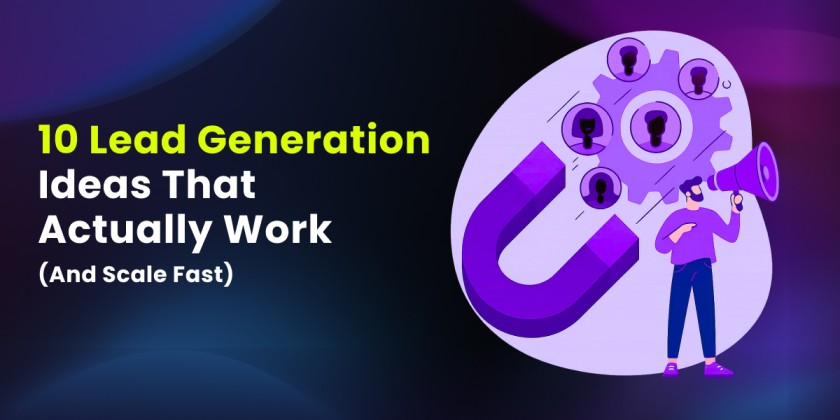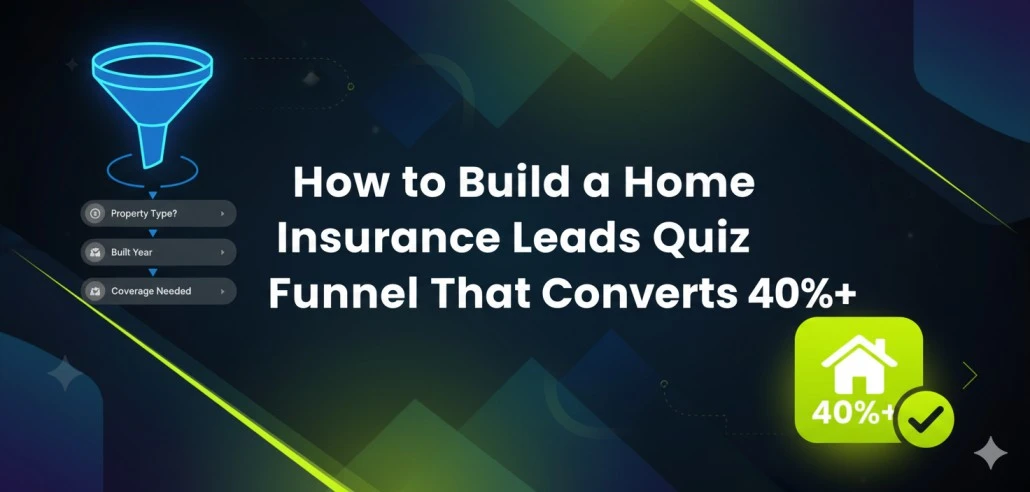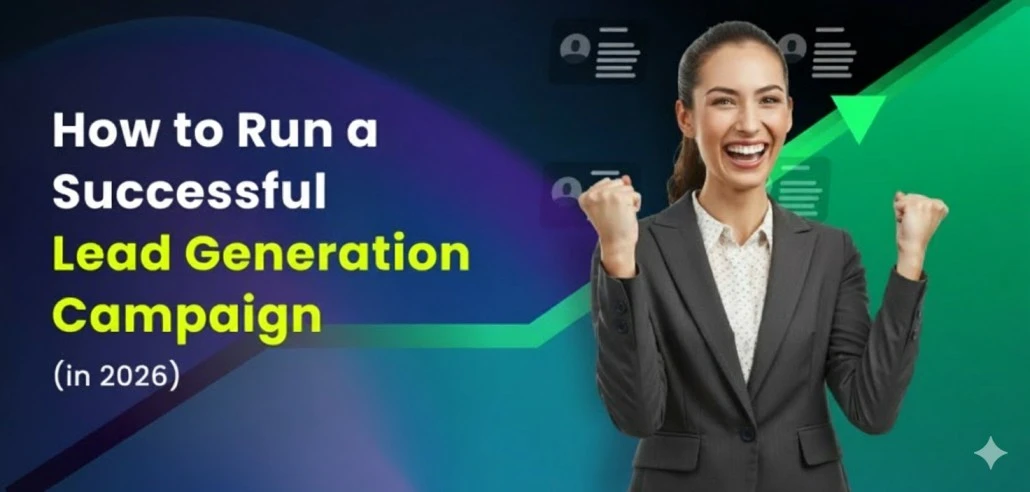Open enrollment doesn’t last forever. You’ve got a tight window to reach Medicare beneficiaries when they’re actively looking for help. Most agents are still using outdated contact forms that feel like paperwork. Meanwhile, quiz funnels are pulling in qualified leads who actually want to talk.
Here’s the thing: seniors don’t want another sales pitch. They want guidance. A well-built medicare quiz funnel gives them answers while you gather the information you need to help them. It’s a win-win that converts better than traditional methods.
This guide walks you through building a medicare quiz funnel that works, without the fluff or complicated tech talk.
Why Medicare Agents Need a Quiz Funnel During Open Enrollment
Open enrollment runs from October 15 to December 7 every year. That’s 54 days to capture an entire year’s worth of Medicare Advantage and Part D enrollments. The pressure is real.
Traditional lead generation methods have a problem: they’re passive. Someone fills out a form, you call them back, and half the time they don’t remember submitting anything. Quiz funnels flip this around.
When someone takes a quiz, they’re engaged. They’re answering questions about their health needs, budget, and preferences. By the time they hit submit, they’ve invested 2-3 minutes thinking about their Medicare options. That psychological investment makes them warmer leads.
The data backs this up. Interactive content like quiz marketing generates twice as many conversions as passive content. For Medicare agents working against an enrollment deadline, that difference matters.
Plus, quiz results let you segment leads instantly. Someone worried about prescription costs needs a different follow-up than someone focused on finding doctors. You can personalize your outreach from day one.
What Makes a Medicare Quiz Funnel Different (And More Effective)
Not all quiz funnels work the same way. A personality quiz for entertainment has different goals than a Medicare qualification quiz. You’re not just collecting emails; you’re identifying people who need coverage and figuring out what they need.
The best Medicare quiz funnels do three things:
They qualify leads without feeling like an interrogation. You need to know if someone is Medicare-eligible, what their current coverage looks like, and what problems they’re facing. But ask too directly and people bounce. Good quiz questions feel helpful, not nosy.
They educate while they engage. Most people taking your quiz don’t fully understand Medicare. The quiz itself can teach them something, which builds trust. When they see their results, they should think “wow, this person gets my situation.”
They create urgency naturally. You don’t need to scream about deadlines. The quiz can mention enrollment periods in context, making the timeline clear without being pushy.
Regular lead forms just sit there. Quiz funnels pull people in, sort them out, and prep them for your follow-up. That’s why they convert 30-40% better than standard forms.
Understanding Your Medicare Audience: Who’s Taking Your Quiz?
Before you write a single quiz question, take the time to understand your audience. Medicare beneficiaries are a diverse group with different needs and priorities.
You’ve got newly 65-year-olds, overwhelmed by the alphabet soup of plans and whether to start at all. You’ve got individuals who have been on Original Medicare for years, wondering if they should consider Medicare Advantage. And you have people who are unhappy with their current coverage and want to shop based on their shopping habits.
Depending on what segment of the population you are dealing with, you may need completely different lead generation quizzes and follow-up.
The average Medicare enrollee who is doing an online quiz right now is 65-75 years old. They are fine with technology, but might not have time for a complex technology interface, so keep it simple.
They have certain interests: drug coverage, access to doctors, out-of-pocket maximums, or dental/vision benefits. In general, whatever your quiz says, you will probably want one of these items in whatever you write–unless it includes a 20-question survey. The ideal number of quiz funnel questions is typically 6 to 9.
One additional piece of information – trust is such an important piece with this audience. They have been on receiving the hard sell, or born again, other confused marketing, and you want your quiz to feel helpful from the first access, not bait-and-switch.
Step-by-Step: Building Your Medicare Quiz Funnel in Landerlab
Once you’ve got your Landerlab account ready, it’s time to build your quiz. This walkthrough shows you exactly what each step does and why it matters for qualifying Medicare leads.
Step 1: Zip Code
This is your first question, and it’s smart to start here. Why? Medicare plans vary by location. A plan available in Florida might not exist in Ohio. Asking for the zip code at the beginning of the process is a way of confirming that you are able to assist that person who is participating in your quiz, and it is a low-stakes, easy-to-answer, non-intimidating question that will engage the user without demanding something too personal right away. The fact that everyone knows their zip code means that they will probably not give up on the quiz at that point or think the question is about something important.
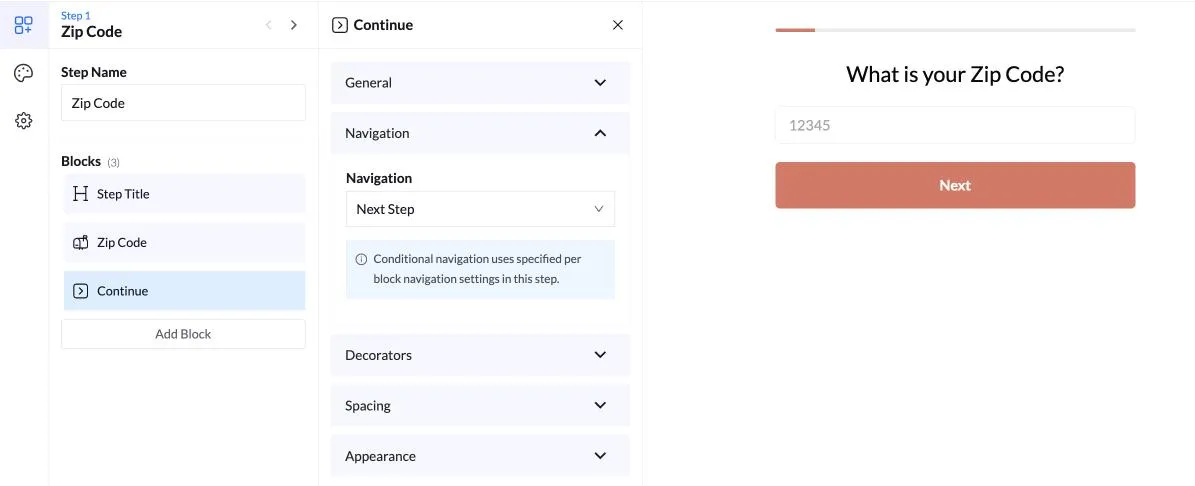
Step 2: Date of Birth
Here’s where you find out if someone is actually eligible for Medicare. You need to know if they’re turning 65, already on Medicare, or maybe helping a parent. This question does the heavy lifting of lead qualification without feeling like you’re interrogating them. The date format makes it simple to answer, and it feeds directly into your CRM so you know exactly who you’re dealing with before you even pick up the phone.
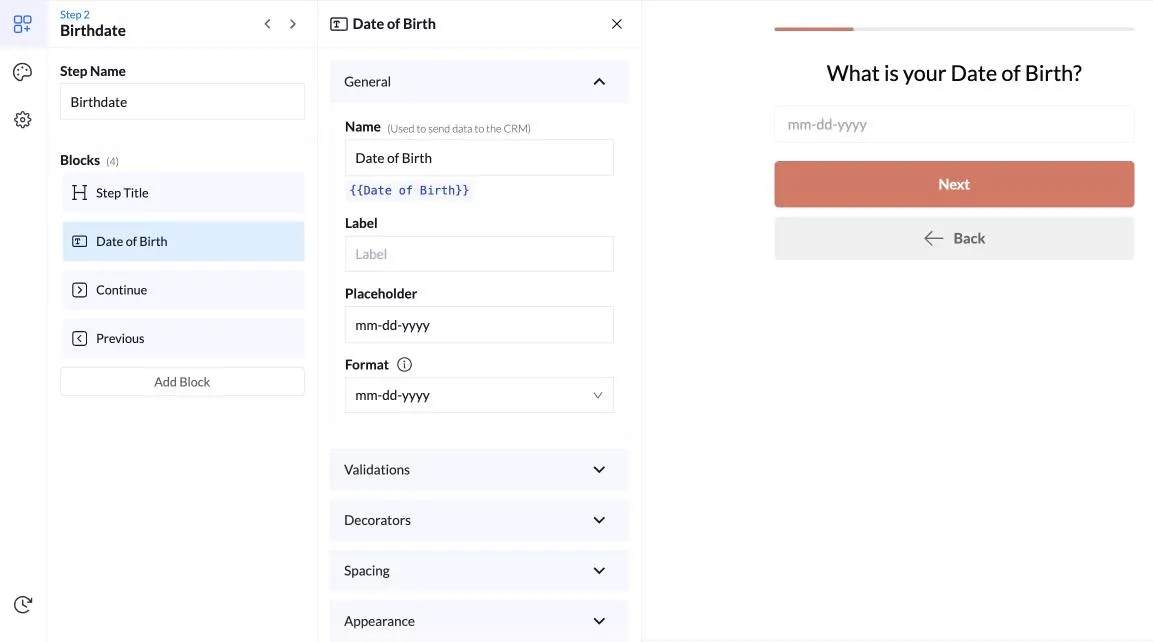
Engage seniors with questions that matter, launch a Medicare quiz that qualifies leads while building trust from the first click.
Step 3: Gender
This one might seem optional, but it actually helps with personalization. Some Medicare Advantage plans have gender-specific benefits, and knowing this upfront lets you tailor your follow-up. It also helps you segment your leads in your CRM. The visual button format (Male/Female with icons) makes it quick and easy to answer. People don’t overthink it, they just click and move on.
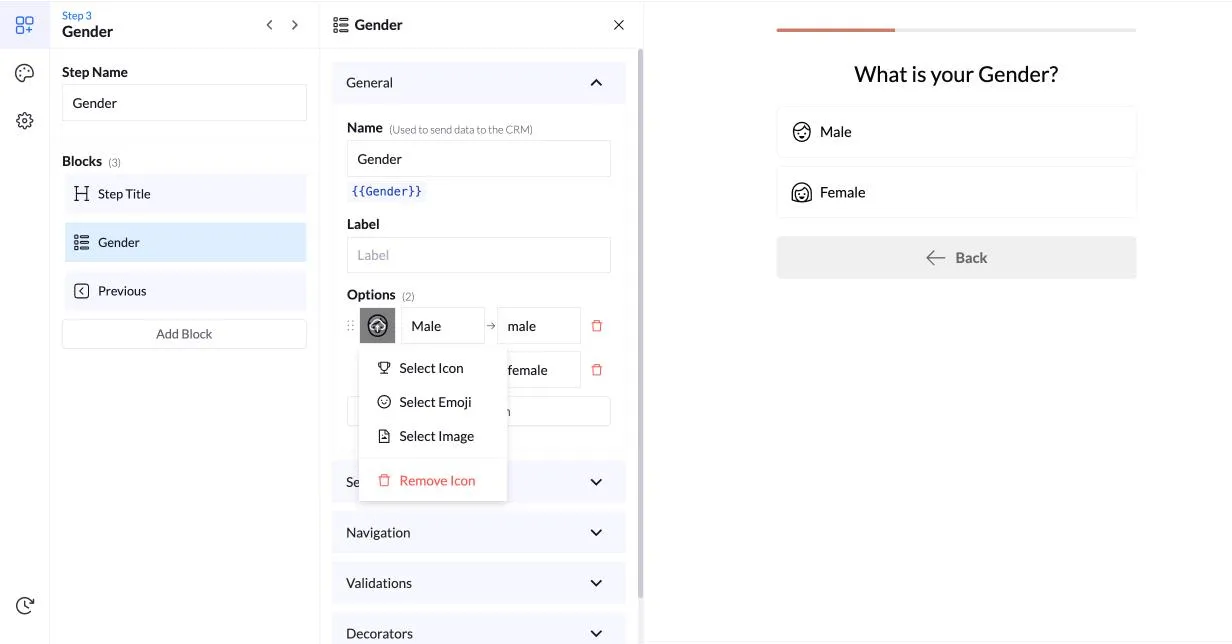
Step 4: Currently Enrolled in Medicare or Medicaid
This is a huge qualifier. Someone already on Medicare has different needs than someone brand new to it. If they’re already enrolled, they might be shopping during the Annual Election Period. If they’re not enrolled yet, they’re probably approaching 65 or dealing with a qualifying event. This one question changes your entire follow-up strategy, so it’s critical to include.
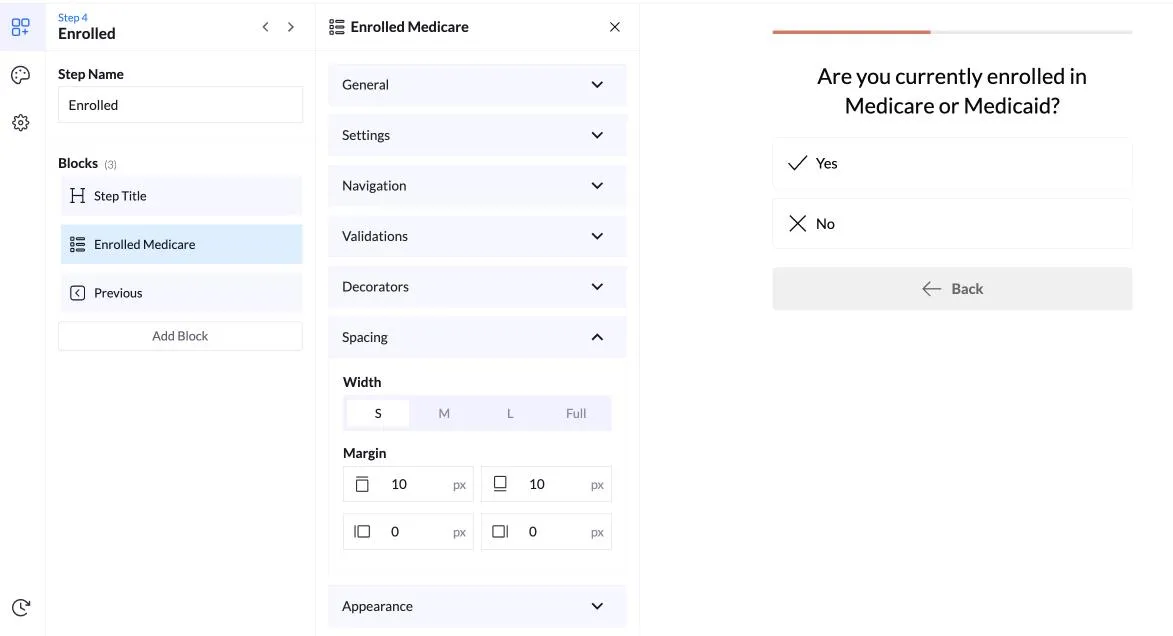
Step 5: Household Size
Why ask about household size? Because it affects eligibility for programs like Extra Help or Medicare Savings Programs. If someone has a lower income but a larger household, they might qualify for assistance they don’t even know about. This question positions you as someone who’s thinking about their full situation, not just trying to sell them a plan. It builds trust.
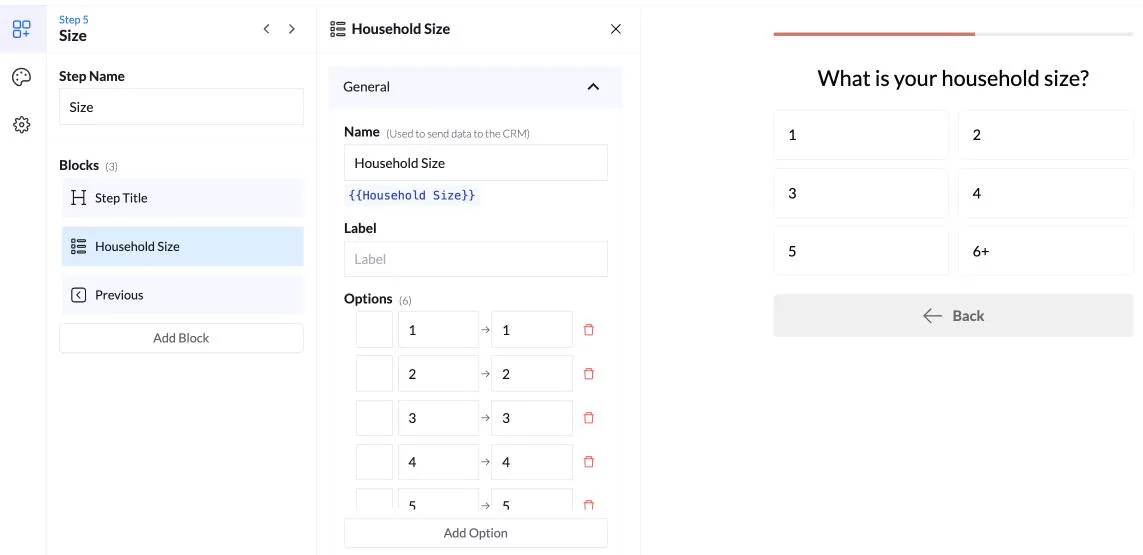
Step 6: Estimated Household Income
Income is sensitive, but presenting it in ranges makes it feel less invasive. This question helps you identify people who might qualify for Low Income Subsidy (LIS) or other assistance programs. It also tells you about their budget constraints. Someone in the lowest income bracket needs different plan recommendations than someone in the highest. Notice how the “Navigate on Option Click” is enabled – this means you can send people down different paths based on their answer.
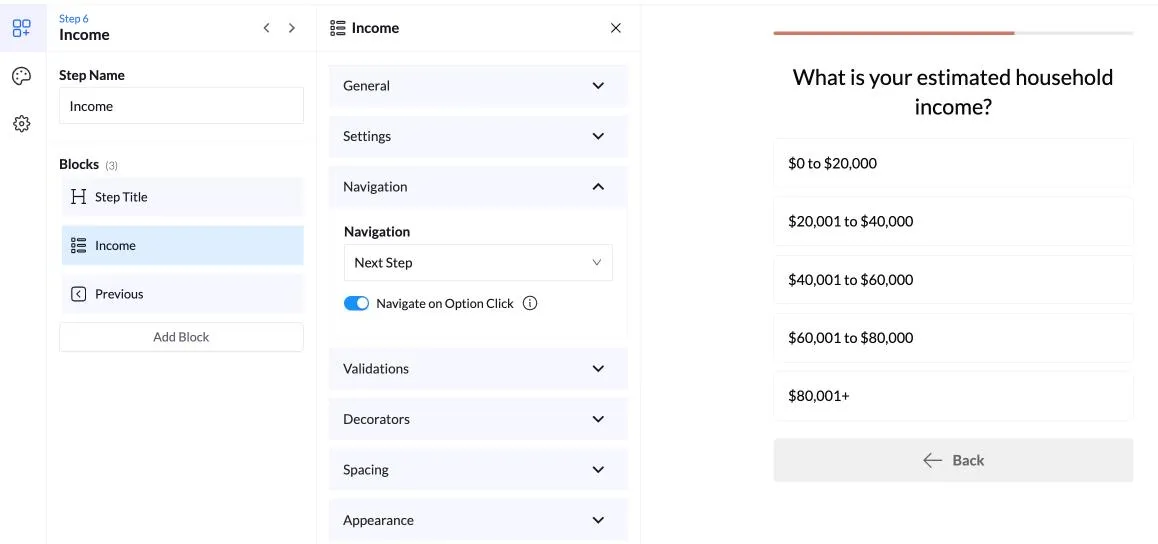
Step 7: Current Address
You need their address for two reasons: compliance and service area verification. Medicare Advantage plans are county-specific, so you need to confirm you can help them in their area. The address field is marked as “Required” because without it, you can’t accurately recommend plans. It comes late in the quiz on purpose – by now, they’re invested and more willing to share location details.
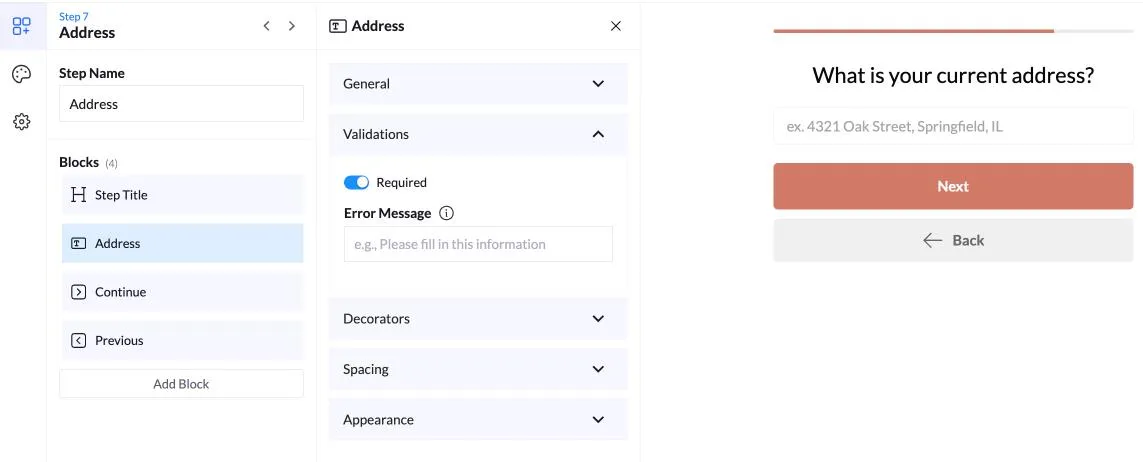
Step 8: Contact Information
This is the moment. You’ve screened them using 7 questions, and they are willing to provide you with their contact information. You will see there is a clear layout: First Name, Last Name, Email, and Phone across one screen. The phone verification is beneficial; it tells you the number is real, which means fewer fake leads and a better connection rate when you call. There is a long disclaimer at the bottom of the screen that fulfills your compliance requirements. It’s long, but following CMS rules is a must.
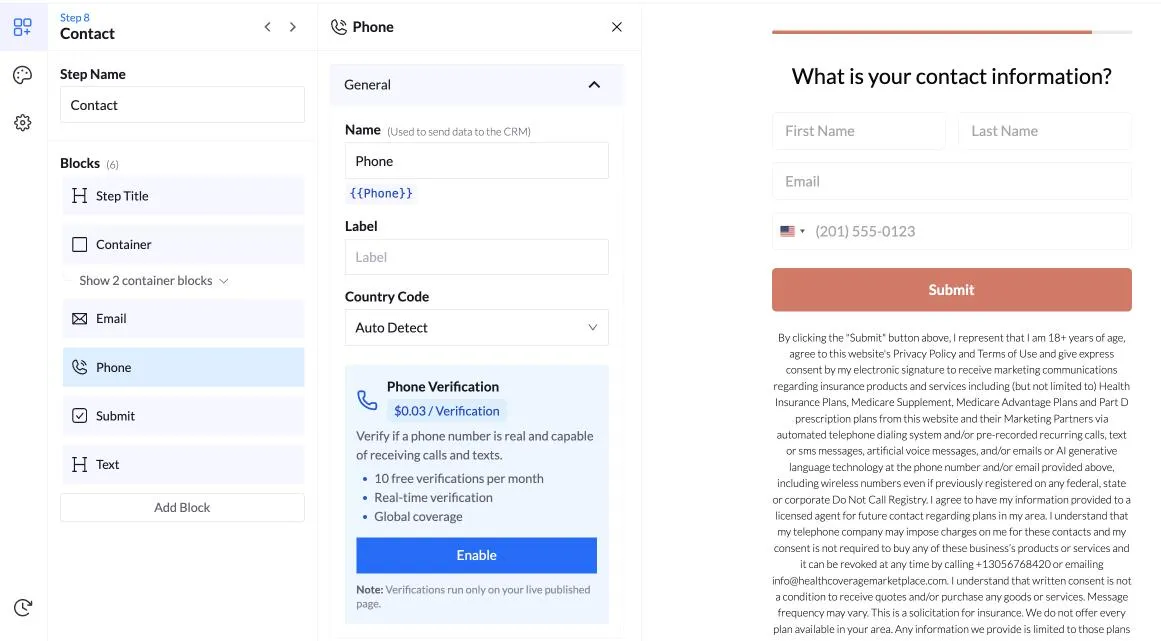
Step 9: Thank You / Confirmation Page
Don’t underestimate this final step. The moment someone submits their information, they need to know it was the correct decision. That’s precisely what this page of confirmation offers: “We’ve got your answers and will review them to provide you with personalized Medicare options.” It sets expectations and reduces anxiety. The message is friendly and professional, not pushy. This is your last impression before you make contact, so make it count.

How to Drive Traffic to Your Medicare Quiz Fast
You’ve built the quiz. Now you need people to take it. During open enrollment, speed matters. Here’s how to get traffic quickly.
Facebook and Google Ads for Medicare
Paid ads are the fastest way to scale. Facebook lets you target people by age, location, and interests. You can literally target 65+ year-olds in your service area who’ve shown interest in Medicare or retirement planning.
Google Ads work differently. People are actively searching for terms like “Medicare plans near me” or “compare Medicare Advantage plans.” Your quiz can be the answer to their search.
Important: Medicare marketing has strict rules. You cannot use words like “free” or “best” in certain contexts. The CMS Medicare Marketing Guidelines are clear about what’s allowed. Make sure your ad copy is compliant before you spend a dollar.
Start with a small daily budget, around $20-30. Test different headlines and see what gets clicks. A quiz funnel typically converts better than a “schedule a call” ad because it feels less committal.
Organic Social Media Tactics
Not ready to spend on ads? Social media still works; it just takes more time.
Post your quiz link on Facebook with a simple question: “Confused about Medicare options? Take this 2-minute quiz to see what plans might work for you.” Join local community groups (with permission) and share helpful content, including your quiz.
LinkedIn works if you’re targeting people approaching 65 who are still working. Frame it around retirement planning.
Don’t spam. Add value first, share your quiz second. People can smell a hard sell from a mile away.
Email Your Existing Database
This is the most overlooked traffic source. You probably have a list of past clients, leads who didn’t convert, or people who attended your seminars.
Send them an email about the quiz. Keep it casual: “I built this quick quiz to help people figure out their Medicare options during open enrollment. Thought you might find it useful.”
Even people who already have coverage might forward it to friends or family. Word of mouth is powerful in the Medicare space.
Staying Compliant: What Medicare Agents Must Know
Medicare Sales and Marketing is not the Wild Wild West. CMS has very specific rules associated with marketing, and violating those rules can cancel your contract.
CMS Marketing Guidelines
Every piece of marketing material, including your quiz funnel, needs to follow CMS marketing guidelines. Here’s what that means for your quiz:
No misleading claims. Don’t say your quiz will “find the best plan” or “guarantee savings.” You can say it will “help identify plans that might fit your needs” or “provide personalized recommendations.”
No implied government endorsement. You cannot use language that suggests Medicare, CMS, or the federal government endorses your quiz or services.
Clear disclaimers are required. Your quiz must disclose that you’re a licensed insurance agent, that completing the quiz may result in contact from you or your agency, and that you represent specific carriers (if applicable).
TCPA and consent requirements. When collecting phone numbers, you need express written consent to contact leads. That long disclaimer in Step 8? It’s not optional—it’s legally required. Make sure it covers TCPA, consent to be contacted, and the ability to opt out.
Accessibility matters. All marketing materials must be accessible to people with disabilities. If you’re marketing to diverse communities, consider providing information in multiple languages.
Get your materials reviewed. Before you launch your quiz, run it by your FMO or the compliance department at the carriers you work with. Many require pre-approval of marketing materials. Better to get it right the first time than fix it after CMS flags it.
Common Mistakes Medicare Agents Make with Quiz Funnels
Even with a solid strategy, agents mess up quiz funnels in predictable ways. Avoid these mistakes:
Making the quiz too long. You’re not conducting an underwriting interview. Keep it to 5-9 questions maximum. Every extra question increases drop-off rates.
Asking for too much information upfront. You don’t need their full medical history before the first call. Get name, email, phone number, and basic qualifying info. That’s enough.
Generic results pages. If everyone gets the same result regardless of their answers, people feel tricked. Personalize results based on what they told you.
Slow follow-up. Someone takes your quiz at 2 pm on a Tuesday, and you call them Thursday morning. Too late. They’ve already talked to three other agents. Call or email within an hour if possible, same day at minimum.
No mobile optimization. Over 60% of people over 65 now use smartphones. If your quiz looks broken on mobile, you’re losing more than half your potential leads.
Forgetting to track results. You need lead tracking to understand your conversion rates, drop-off points, and which traffic sources work best.
Ignoring compliance. This is the big one. “I didn’t know” isn’t a defense with CMS. Violations can result in fines, corrective action plans, suspension, or losing your ability to sell Medicare plans entirely. If you’re not sure whether something is compliant, don’t guess—ask your compliance officer or FMO. It’s always better to be safe than sorry.
Conclusion
Today, your community’s Medicare beneficiaries are online seeking help. They’re confused about their options, afraid of making the wrong decision, and seeking someone who can counsel them without the pressure.
Your quiz funnel is that tutorial.
While everyone else is cold calling purchased leads or placing “call me” ads, you’ll have people offering their information after you’ve already helped them. That’s the difference between chasing prospects and attracting good leads.
Frequently Asked Questions
What happens if someone outside my service area takes the quiz?
That’s why asking for the zip code first is so important. You can either route them to a “Sorry, we don’t serve your area” page or partner with agents in other states and refer them out (if your compliance allows referral fees). Never ghost someone who completes your quiz.
How quickly do I need to follow up with quiz leads?
Same day, ideally within an hour. During open enrollment, beneficiaries are talking to multiple agents. The first person who calls with helpful information usually wins the business. Set up automated email responses immediately after quiz completion, then call as soon as possible.
Do quiz funnels work on mobile devices?
They absolutely must. Over 60% of Medicare beneficiaries now use smartphones to research plans. Landerlab quizzes are mobile-responsive by default, but always test your quiz on a phone before launching. If buttons are too small or text is hard to read, you’ll lose leads.
Start Capturing Qualified Medicare Leads Today
Don’t wait for open enrollment to slip by. Build your own Medicare quiz funnel that turns curiosity into conversations — without the tech headaches.
Free to start

